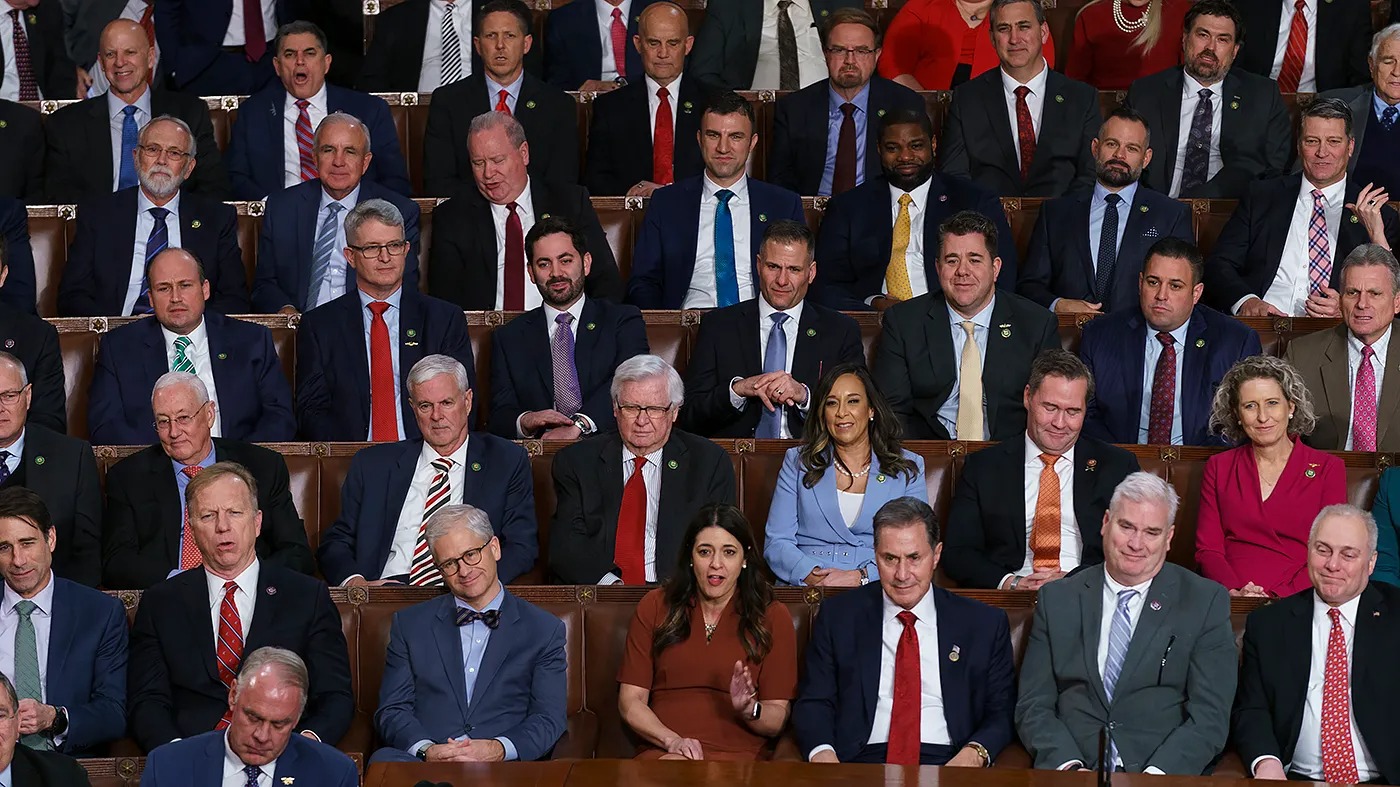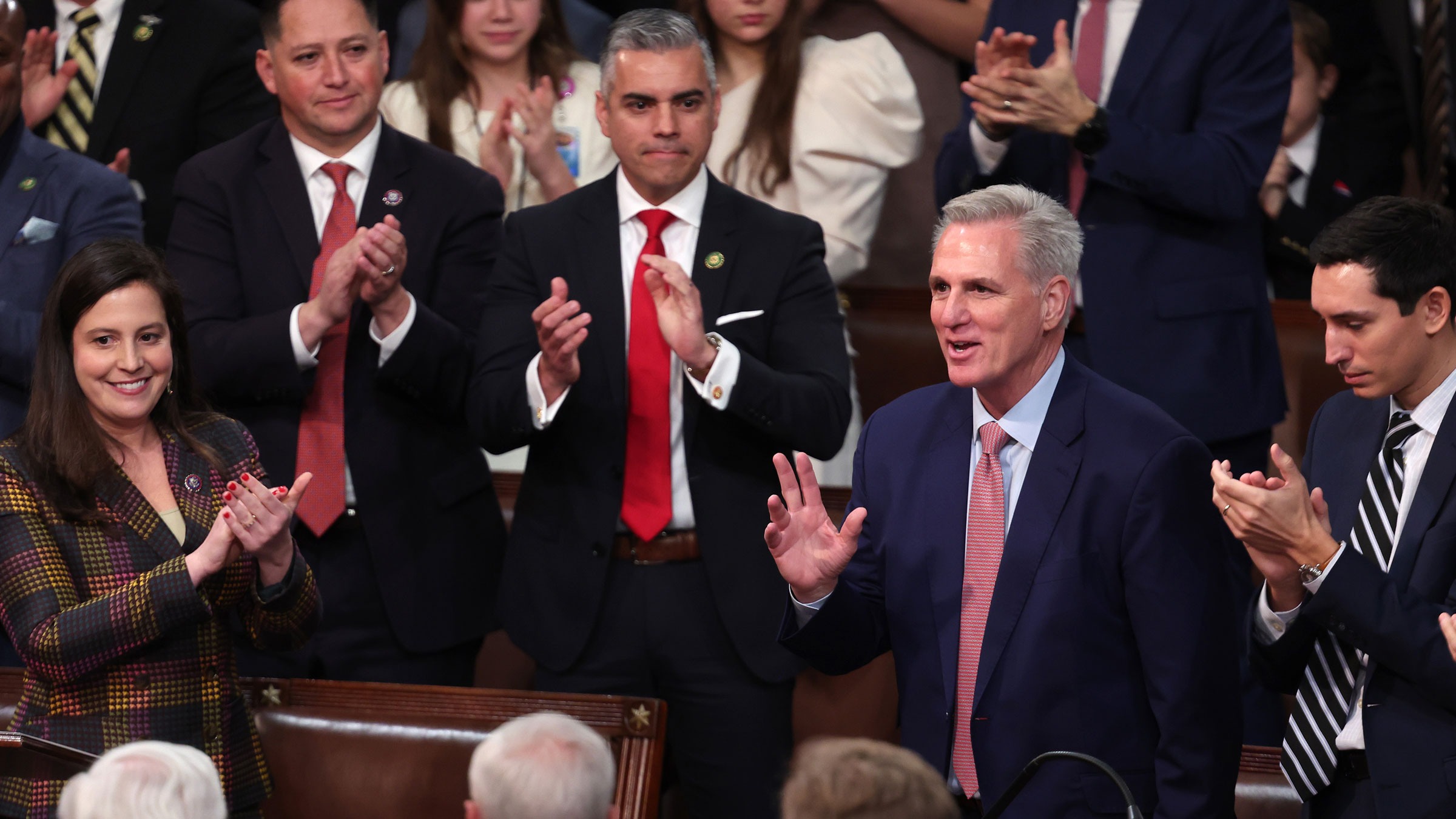In a recent TikTok video, a man in his mid-fifties, clad in an olive-green jacket, stands beside a tank in Kyiv, addressing the audience directly about the ongoing war in Ukraine. What makes this scene particularly notable is that the man in question is none other than Grant Shapps, the British defense secretary.
Shapps’s presence on the app is striking, given the UK government’s decision to ban TikTok from official phones a year ago due to concerns about its ownership by the Chinese company Bytedance and its potential ties to the Chinese government.

This move prompted swift actions from Northern Ireland, Scotland, and Wales authorities and a ban within the British parliament’s network. The Irish government followed suit last April after receiving advice from the National Cyber Security Centre.
Despite the ban, Shapps has remained active on TikTok, signaling a departure from official policy. While debates over the app have persisted in Westminster, particularly among China skeptics within Rishi Sunak’s Conservative party, who advocate for a stronger stance against China, Prime Minister Boris Johnson has thus far refrained from labeling China as a direct “threat,” opting instead for softer language such as “systemic challenge.”

However, the landscape could soon shift following the recent passage of a bill by the US House of Representatives. This bill proposes a nationwide ban on TikTok if Bytedance fails to divest itself of the app.
While the British government has not signaled any intention to follow the US’s lead, some MPs may seize upon this development to push for a tougher stance on the company.
The ongoing debate underscores the complexities surrounding technology, national security, and geopolitical tensions in an increasingly interconnected world.
As governments grapple with these issues, the future of TikTok’s presence in various countries remains uncertain, subject to both domestic and international pressures.


